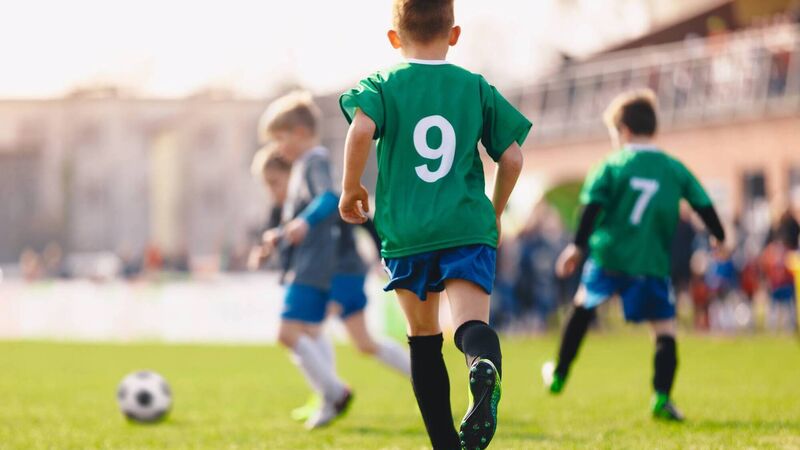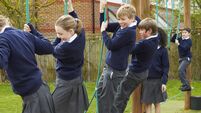Colman Noctor: We need to protect children playing in elite sports

Picture: iStock
An interview on Newstalk caught my attention last week. The editor of the Offaly Express, Justin Kelly, was reporting on a local story about four teenage boys who were dropped from an under-14 GAA county development panel because they had chosen to play an important soccer match.
I believe children of this age should not be forced to choose one code over another. And what message does this give about the concept of a ‘team’? When working with children at any level, you are not just developing athletes - you are developing people.










